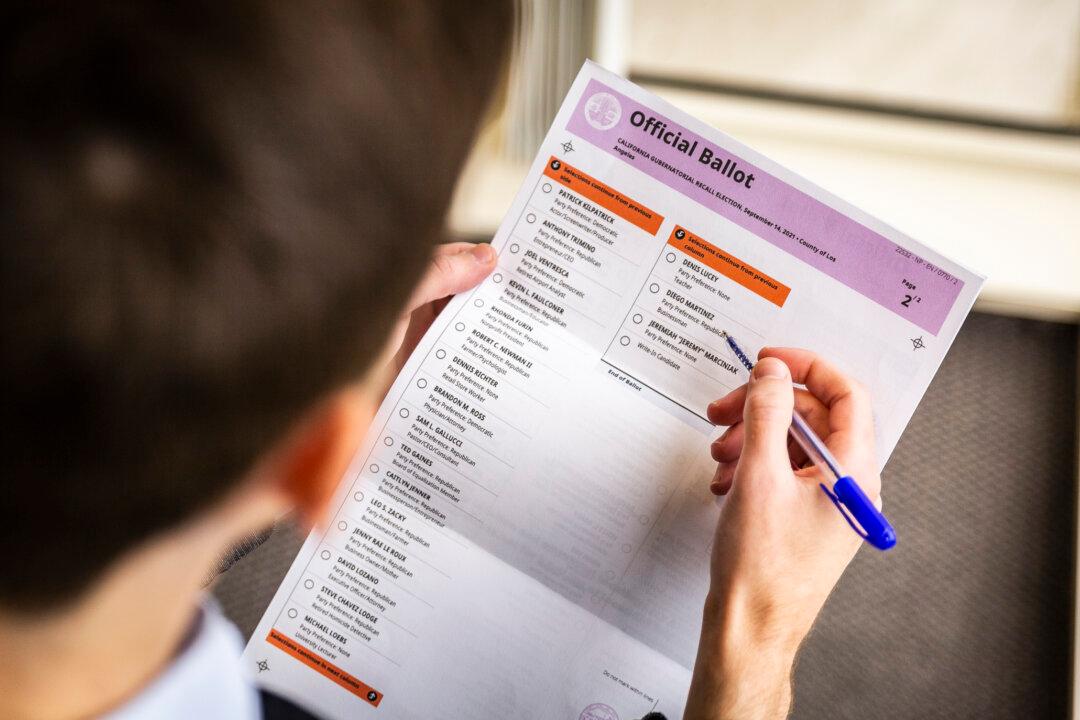A California bill that would move Orange County Board of Education elections to November to coincide with general elections advanced out of the senate elections committee on Jan. 13.
Senate Bill 286, authored by state Sen. Dave Min (D-Irvine) who represents Senate District 37, which includes the cities of Irvine, Costa Mesa, Huntington Beach, and Orange, to name a few, would work to increase voter turnout by placing contests for seats for the county’s board of education on the same ballot as national elections, which have a higher voter turnout.





